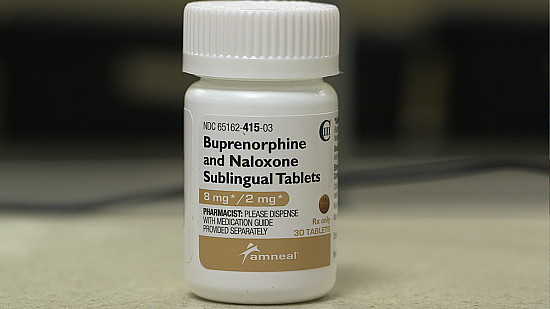Pediatricians should ask teens about drug, alcohol use at every visit

At almost every doctor visit, adolescents have their blood pressure checked. But few are asked about their use of alcohol and drugs, which contribute to the leading causes of injury and death in this age group.
To make it easier for doctors and nurses talk with teens about alcohol and drugs, the American Academy of Pediatrics has just published a set of questions to guide the conversation, along with advice on what to do with the answers.
“Talking with adolescents about drugs and alcohol should be a brief, easy part of every health care visit,” Dr. Sharon J.L. Levy, director of the Adolescent Substance Abuse Program at Children’s Hospital Boston and a lead author of the paper, told me.
The conversation should also be confidential. “Once a child reaches adolescence, a parent should expect, even encourage, the pediatrician to have a private, one-on-one conversation with the teen,” said Dr. Levy, who is also an assistant professor of pediatrics at Harvard Medical School.
Asking the right questions
The report recommends that pediatricians and other health-care providers follow a two-step script. First, ask the teen if he or she has drunk alcohol, smoked marijuana or hashish, or used anything else to get high. If the answer is no, the health care provider should praise the teen and encourage him or her to continue making good decisions about health and safety.
If the teen says yes to drinking alcohol or using drugs, asking the six CRAFFT questions can help separate those who are experimenting from those who may be headed for serious trouble and need more in-depth help. If there is a clear risk to health, the clinician should involve a parent.
Adolescence is a vulnerable period for the adolescent and the adolescent brain. “The earlier a boy or girl begins drinking or using drugs, the greater the likelihood of later substance abuse,” said Dr. Levy. “The sooner we can identify at-risk youths, the better our chances of helping them.”
While a conversation with a doctor or nurse is important, parents need to be covering the same ground. If you don’t know where to start, here are links to helpful guides on talking with teens about alcohol and drugs.)
These conversations aren’t always easy, as I know all too well from experience with my three teenagers. But if they can help my teens, or their friends, it is well worth the effort.
CRAFFT questions
Here are the six CRAFFT questions:
C = Have you ever ridden in a CAR driven by someone (including yourself) who was “high” or had been using alcohol or drugs?
R = Do you ever use drugs or alcohol to RELAX, feel better about yourself, or fit in a bit?
A = Do you ever use drugs or alcohol while you are by yourself, or ALONE?
F = Do you ever FORGET things you did while using alcohol or drugs?
F = Do your family or FRIENDS ever tell you that you should cut down on your drinking or drug use?
T = Have you ever gotten into TROUBLE while you were using alcohol or drugs?
According the American Academy of Pediatrics, zero or one yes to the CRAFFT questions should elicit nonjudgmental, nonpreachy advice, such as “I recommend that you stop drinking (or doing drugs) and now is the best time. Alcohol (or drugs) kill brain cells and can make you do stupid things that you will regret. You are such a good student (or friend, athlete). I would hate to see anything interfere with your future.” Two or more yesses should prompt an in-depth discussion about alcohol and drug use.
The CRAFFT questionnaire was developed by the Center for Adolescent Substance Abuse Research at Children’s Hospital Boston.
About the Author

Patrick J. Skerrett, Former Executive Editor, Harvard Health Publishing
Disclaimer:
As a service to our readers, Harvard Health Publishing provides access to our library of archived content. Please note the date of last review or update on all articles.
No content on this site, regardless of date, should ever be used as a substitute for direct medical advice from your doctor or other qualified clinician.















